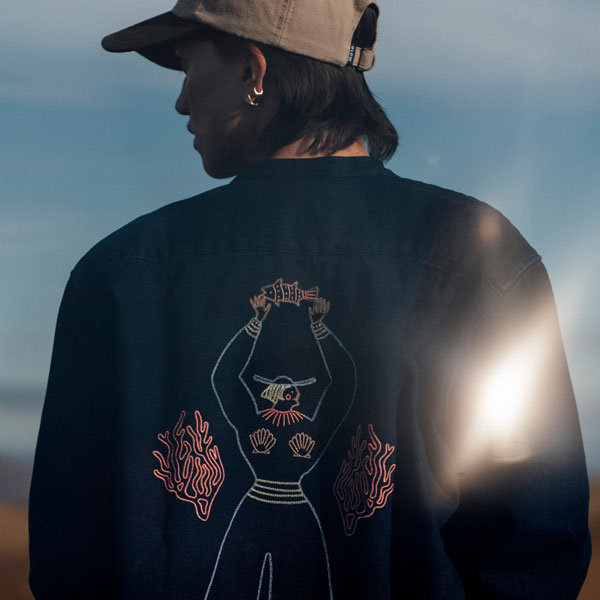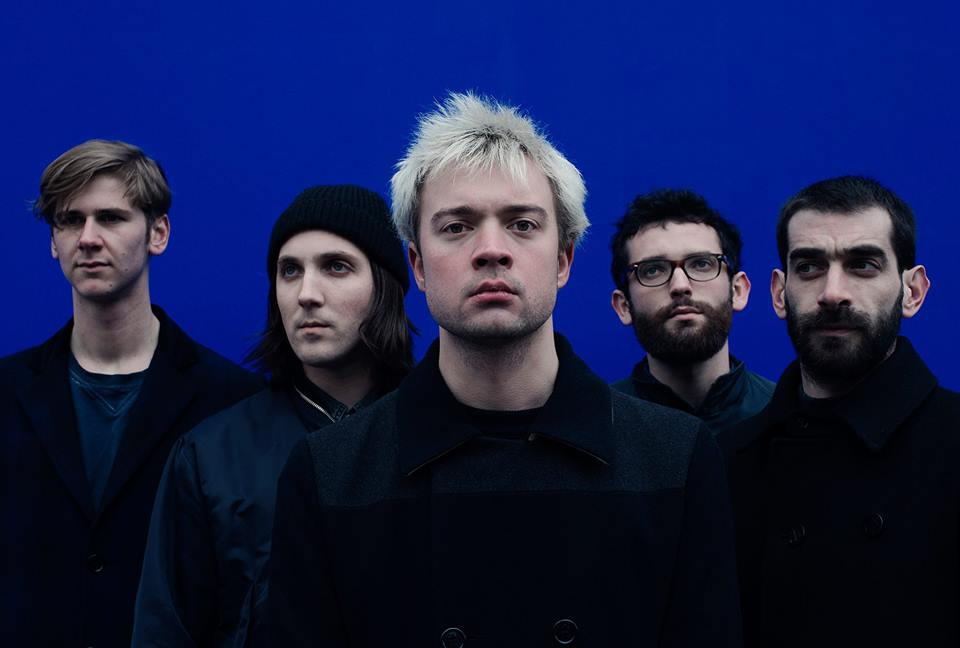Rhum for Pauline, rum for a tipsy sun
When France puts its foot through the world’s opulent doorway, the beret and baguette are the symbols etched in everyone’s minds. For those with good taste, our dear old JP’s marinière comes in second place. No matter though, our capital is still THE open-air museum, the world’s rude jewel, headed by Mrs Eiffel. Musically speaking, no need to be deluded either: intelligent lyrical songs are the inexhaustible genre envied the world over. Gainsbourg, Brel, Nougaro and so many others are the pillars of a bygone era that are ceaselessly played on the airwaves. But far beyond the commercial mishmash that, unfortunately, manages to cross our borders – and proliferate across all territories -, the nicest grains of sands bustle each and every day, building the ever so fragile castle of a noisy and provocative époque. Rhum for Pauline is one of them, shining in the sun until the next gust of wind. But lets not talk about misfortune, for that is not the point.
“The name ‘Rhum for Pauline” stems from a bad joke. In the beginning we were a duo: Pol and Romain. By mixing both our names’ letters, we came up with ‘Polinarom’. We anglicised it, and we had this alcohol and girl’s name combination. We’d talked a few times about changing it, but, in time, I think we got attached to it”, explains the band. And, vice versa, we get attached to them – in the hope of one day seeing this famous Pauline standing at a hut’s bar, sipping the notorious alcohol snapped up by every single mojito.
Rhum for Pauline is the encounter of four guys from Nantes, bathing in the Y generation, fusional relationships and adolescent carefreeness. Noticed in 2010 with their first album “Miami”, the “West Coast” colourful and jovial ambiance – which symbolises adolescence here – is reused on their second opus “Leaving Florida” with a slightly more bitter taste: “The first EP we brought out in 2010 was called Miami. None of us had ever been, it was a kind of fantasy representation of a sunny, luminous landscape – which stuck with our music’s soul and 70’s rock aesthetic. The Florida we sing about on ‘Leaving Florida’ is the one from this first record released 5 years ago. We’re nostalgic of this innocence in a way, of that time when we were 20 years old and we would write spontaneous songs, without asking too many questions. This album looks on those past years, on the transition from adolescence to adulthood – what we have become.”
Many colours for many influences: funk on “When Endless Ends”, garage on “Florida” or even new wave on “No Hugs”. Everything is scattered with these four kids’ stories, dusty B-sides from the 60’s and pop classicism of which many bands have taken up the torch. “That’s one of the reasons why the gestation of ‘Leaving Florida’ was long: it was the time we needed to define the outlines of our own identity – to not only be quoting others. It also enabled us to assert particular aspects of our writing – like the love for ever-changing songs, stretched out formats, still with that pop aesthetic in the background.” A big part of their work was to find their very own spot in the sound architecture, in order to transcribe their love for black music (soul, afro-beat, R’n’B) without veering into mimicry. Experience did the rest, with closely kept souvenirs and young passionate ardour, offset with the difficulty of growing up, being yourself, being a good person, happy and at ease in your own shoes. With their last track “Peter Pan”, the album finishes with these lyrics “You can grow old / and fear no evil”, trying to draw a line under a syndrome no thirtysomething has ever been able to free himself from.
You can find all Rhum for Pauline news on their Facebook page.
– Julien Catala –






